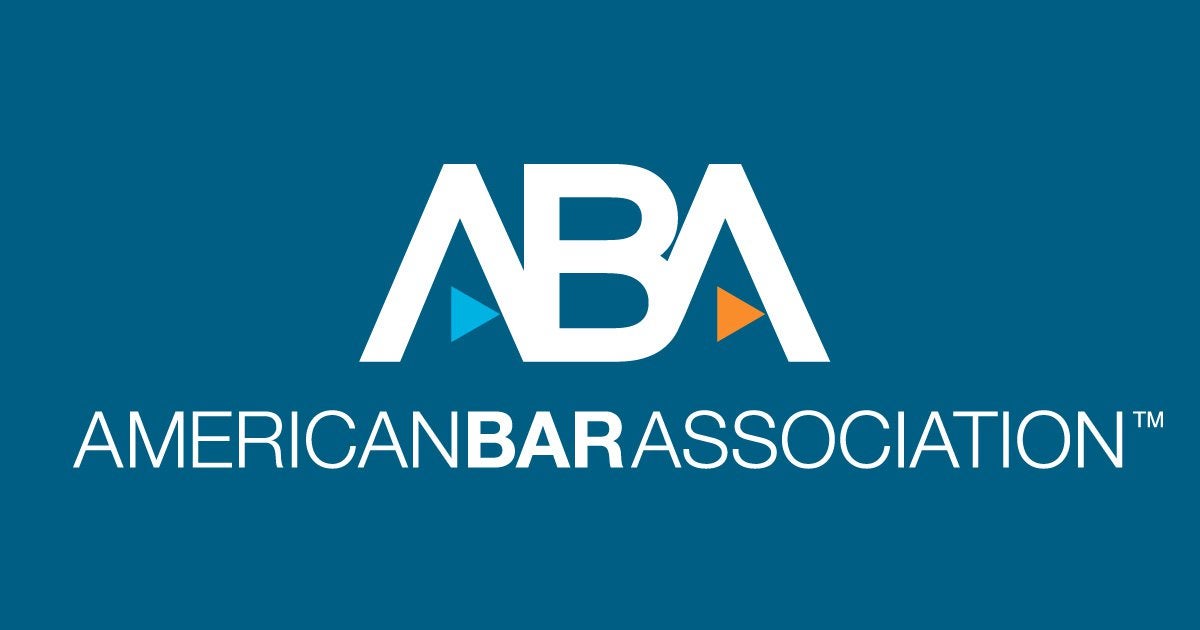
I support anti-work completely, but some on this sub use “Just Quit!” as an answer to everything without giving solid advice on how to do it. Unfortunately, not everyone can just quit, so here are some helpful tips to make quitting easier and relieve some aggravation with your job. Please feel free to add any other advice in the comments.
- Start saving every penny you can, even if it’s just a spare change jar. Having a cushion will give you more confidence to quit. Lower your expenses as much as you can. Take lunch or coffee to work to avoid that expense. Keep your car tuned to get the best gas mileage. Buy used or check freecycle before you buy new. Any way you can lower your expenses helps. Try to build up a ‘Fuck you” fund.
- Start a FU binder. (This is advice taken from the JustNo subs.) The FU binder establishes a chain of events and evidence for your cause. Include all the work aggravation, stupid emails, labor and OSHA violations, a record of conversations, etc. In your FU binder, make sure to note the date and time of the events. Print out copies of emails and take photos of notices or posts in the break room or by timeclock. Include them in the binder. Make a note of any aggression or conversations that support your case. It’s a good idea to keep a small, pocket-sized notebook on you at work and note things as they happen, especially if you can’t keep your cell phone at work. Transfer your notes to the binder. Do this daily if you can.
- Review your employee handbook, if there is one, and review or get clarity of any personnel policies. Establish an email chain if you question or ask for clarity on a policy. This review will help you know if you will get any accrued vacation time or personal leave if you quit or other policies that may affect your quitting. Use up your time before you quit if you need to. Any policies that violate labor practices go into the FU binder. Usually and legally, if a policy is not in writing, it’s not legally binding, but also, just because it’s in writing doesn’t make it legal.
- Find out the labor laws in your state. Most states have a Department of Labor that outlines laws particular to that state. Review relevant Federal and State laws that can affect you. Note any violations in your FU binder.
- Quitting may affect your filing for unemployment, so can being fired for cause. Learn your options. Also, know that unemployment benefits don’t start immediately, and you often only get a small payment. Plan accordingly.
- Know that most employers cannot say why you quit or were fired when a new employer asks for references; they will only give your dates of employment and that you no longer work there. Doing otherwise is a liability issue to your employer, and you may have rights if they bad-mouth you.
- If you think you need a lawyer know that most lawyers will give a free consult (usually only a half-hour). If your case is juicy, some lawyers will work on commission from the settlement. Use your local legal aid organization to find a lawyer. The American Bar Association has resources. https://www.americanbar.org/groups/legal_services/flh-home/flh-free-legal-help/
